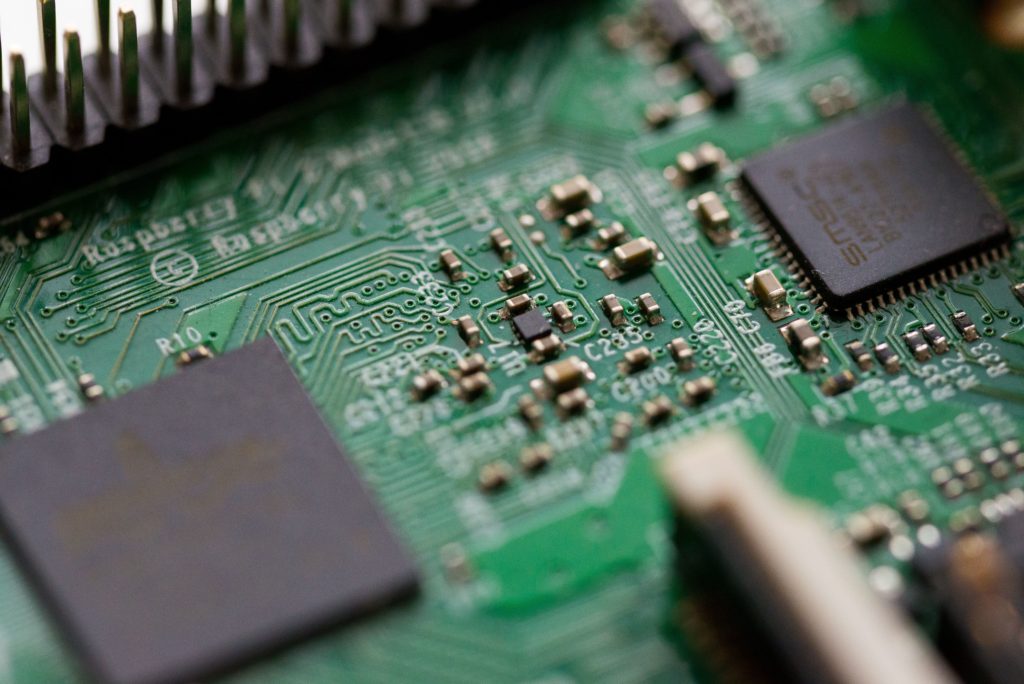Latvia is ranked 19th in the world when it comes to ease of doing business and with electronics as one of the leading sectors in Latvia’s business community, starting an electronic industry is a great Idea. The main product categories in the electronic subsector in Latvia include electronics to control and manage equipment and machinery, electronics for control and management, medical electronics, quality control equipment for food products, and electronic security devices. Statistically, there has been a decline in the number of qualified specialists in this sector before the 90’s as compared to now, which implies that there are significant expansion possibilities in the market.

Registration procedure
To start a business in Latvia, however, you must complete a simple and basic company registration procedure. These procedures can be completed online or in-person – however online registration requires an electronic signature, referred to as an eParaksts. The following are the steps necessary to create a business in Latvia:
- Obtaining a local business address.
- Acquiring all additional permits or documentation for the electronic industry’s operation.
- Establishing a bank account in Latvia to deposit the required share capital.
- Preparation and translation of the necessary registration paperwork into Latvian or English.
- Having the registration documents notarized and legalized at a notary’s office.
- Register your business with the Enterprise Register and apply for a company tax number.
- Submit an application to the State Revenue Service for a VAT number (only applicable if certain criteria are met).
- Become a member of the State Social Security Administration (VSAA).
- Obtain a Federal Tax Identification Number, a certificate of registration, and a registration number that is unique to your business.
- Notifications of company registration are published in the Commercial/Enterprise Register Gazette.
Public Utilities Commission
The Public Utilities Commission is an autonomous body that regulates business activities in the electronic communications sector and protects users’ rights from a technological perspective. The Regulator’s actions are based on the Law on Regulators of Public Utilities (LORPU), which came into force in 2001. The Regulator regulates electronic communications firms’ provision of services such as voice telephone, data transmission and electronic messaging, leased lines, and internet access. radio and television programming, as well as access to networks, equipment, and linkages. To do this, the Regulator assigns usage rights (licenses) of scarce resources: radio frequency (RF) spectrum and numbering. In addition, it registers electronic communications service (ECS) providers, evaluates draft tariffs submitted by providers, acts as an out-of-court body to resolve disputes where providers are involved, and carries out other tasks provided by law.
However, according to the Electronic Communications Law (ECL), the Electronic Communications Office (ECO) is mainly responsible for the administration of the RF spectrum and numbering resources. The ECO ensures electromagnetic compatibility, distributes radio frequency licenses for radio equipment operation, and performs other statutory duties.







